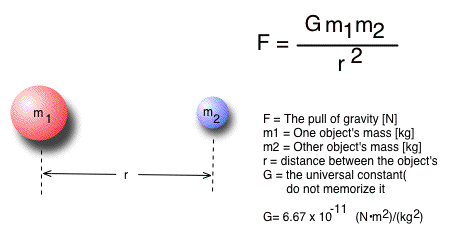My second post in my series of weekly discussion topics for my Introduction to Astronomy online class. Last week I got up close and personal with the many sides of the Moon. This week I take a closer look at the other blue planet in our solar system and how we discovered it without observing it first.

Why was the discovery of Neptune a major confirmation of Newton’s universal law of gravitation?
Before Newton, astronomy relied on observational data from which mathematical formulae and equations were created. Newton pioneered an approach which allowed mathematicians to extrapolate and predict the movement of objects using three assumptions, now commonly known as his laws of motion. Together with his formula for gravitational force, Newton transformed Kepler’s three laws to predict orbits of comets and other solar system objects. He further formulated a mathematical model, known as the Law of Universal Gravitation, that describes the behavior of the gravitational force that keeps the planets in their orbits. (Comins, 2015, p. 42-44)

